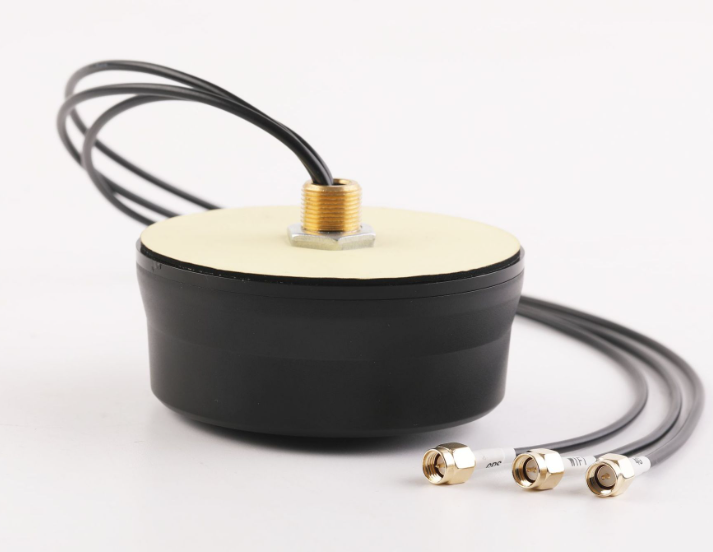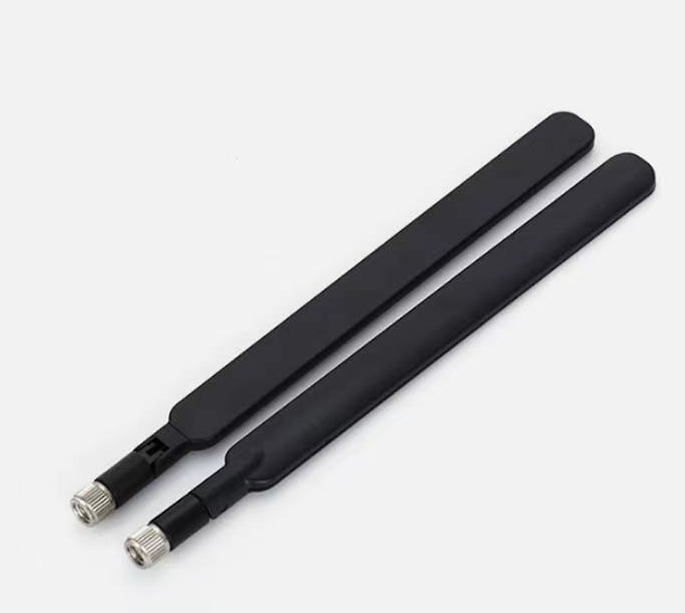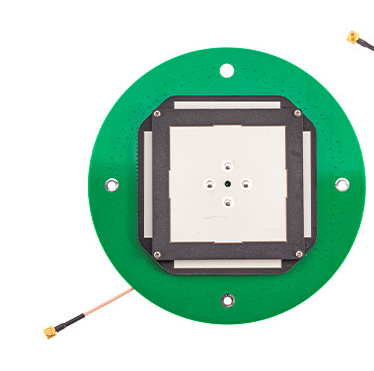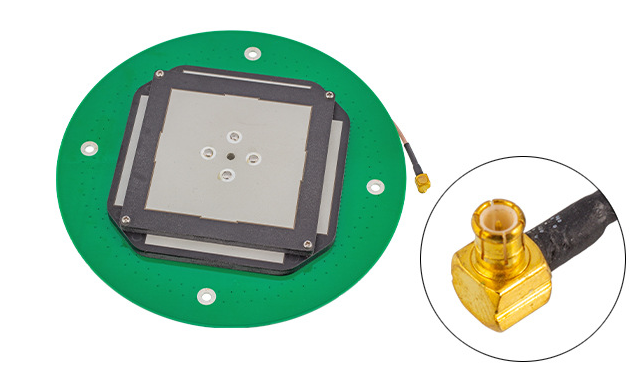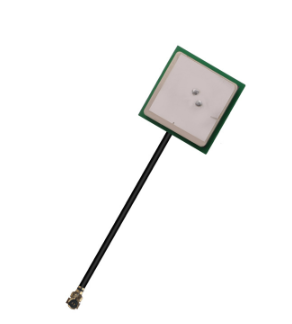Gps antenna failure
With the popularization of Global Positioning system (GPS) technology, GPS antenna is more and more widely used in various fields, from automobile navigation to aerospace, from scientific research measurement to civil positioning, GPS antenna plays an important role. When the GPS antenna fails, it will have a great impact on the use. This paper will focus on the theme that the GPS antenna is broken, and discuss its impact, repair and preventive measures.
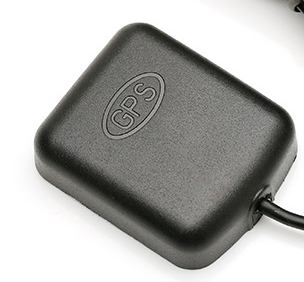
The influence of GPS Antenna failure
1. Navigation and positioning failure: damage to the GPS antenna may cause navigation equipment to be unable to receive satellite signals, thus unable to locate accurately.
2. Communication equipment failure: for devices that rely on GPS signals for communication, such as UAV, ship, etc., the failure of GPS antenna may lead to communication equipment failure or failure to work properly.
3. Data acquisition interruption: in scientific research, measurement and other fields, the GPS antenna is used to collect spatial position data. Once the GPS antenna fails, the data acquisition work can not be carried out.
4. Increased safety risk: for devices that rely on GPS navigation, such as cars, aircraft, etc., GPS antenna failure may lead to threats to driving or flight safety.
Repair of GPS Antenna Fault
1. Fault diagnosis: it is necessary to diagnose the GPS antenna and determine the specific cause of the problem. The common fault causes include antenna damage, line failure, equipment failure and so on.
2. Repair or replacement: according to the diagnosis, the GPS antenna is repaired or replaced, and if the antenna is seriously damaged, a new GPS antenna may be needed.
3. Debugging and calibration: after repairing or replacing the GPS antenna, it is necessary to debug and calibrate to ensure that the GPS antenna can receive satellite signals normally and locate accurately.
Preventive measures for GPS Antenna failure
1. Choose high-quality products: when purchasing GPS equipment, choose products of good quality and good reputation to reduce the risk of GPS antenna failure.
2, rational use: when using GPS equipment, pay attention to avoid severe collision, extrusion and other situations, so as not to cause damage to the GPS antenna.
3. Regular maintenance: regular maintenance of GPS equipment, including cleaning antennas, checking lines, etc., to ensure that the equipment is in good condition.
4, proper preservation: when not using GPS equipment, it should be properly preserved to avoid long-term exposure to harsh environment, such as high temperature, humidity and so on.
5. Upgrade and update: upgrade and update the GPS equipment software in time to ensure that the equipment can receive satellite signals normally and locate accurately.
Case analysis
When a ship is sailing at sea, the GPS antenna fails, resulting in the ship can not locate accurately. After fault diagnosis, it is found that the GPS antenna is seriously damaged and needs to be replaced by a new GPS antenna. After replacing the new antenna, the ship can normally receive satellite signals and locate. This incident reminds us that when using GPS equipment, we should pay attention to protect the GPS antenna to avoid failure.
The failure of GPS antenna has a great impact on the use. We should pay attention to the maintenance and maintenance of GPS antenna. Through the selection and purchase of quality products, reasonable use, regular maintenance, proper preservation, upgrading and other measures, we can effectively prevent the occurrence of GPS antenna failure. When GPS antenna failure occurs, fault diagnosis, repair or replacement should be carried out in time, and debugging and calibration should be carried out. To ensure that the equipment can receive satellite signals normally and locate accurately.
